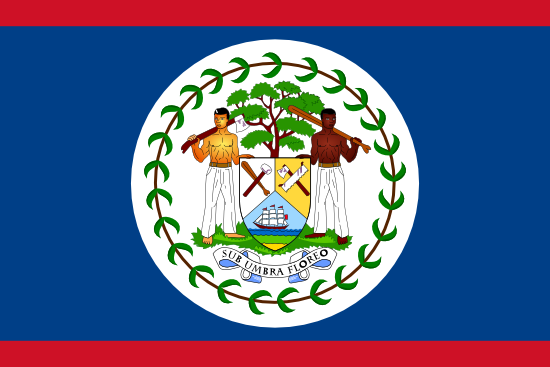
Health Insurance in Belize, America
Information expatriation
Capital City: Belmopan
Total area: 22,966 km2
Population: 288,000
Money: Currency Converter
Time Zone: List of time zones by country
Calling Code: +501 XXX
Practical Information:
Health Product: Travel Insurance and Health insurance
Health Insurance information and Sanitary Risk: World Health Map
BLOG : Expat Health insurance Information
Here is a brief description of the healthcare system in the country:
· Belize has a mixed public-private healthcare system that provides universal coverage to citizens and some legal residents.
· The government funds public clinics and hospitals through general tax revenues and health sector budget allocation.
· Primary care is delivered through numerous small clinics and health centers nationwide.
· Larger public hospitals in urban areas like Belize City provide more advanced care.
· Private practices, pharmacies and hospitals supplement the public system but are costly for many.
· Infrastructure and resources are limited, especially in rural inland regions.
· Specialty care usually requires traveling abroad due to the small domestic capacity.
· Health outcomes have improved over time but challenges remain from communicable diseases, road accidents and non-communicable chronic conditions linked to lifestyle.
· Reforms aim to strengthen healthcare standards, expand clinic infrastructure and train more local medical professionals.
· Medical tourism does help address capacity gaps but accessibility inequalities persist across geography and income.
Here are some key health considerations for expatriates living in the country:
· Purchase comprehensive international medical insurance before arriving as backup to limited public system.
· Consider supplemental policies for emergency medical evacuation if needed abroad.
· Register with local public clinics and hospitals for basic care and emergencies.
· Private care and facilities are an option but very costly for routine issues.
· Bring needed prescription medications as availability varies.
· Ensure vaccinations are up to date, especially for travelers/tropical diseases.
· Only consume bottled, boiled or treated water and thoroughly cook foods.
· Rural areas have far less infrastructure - choose a location near major hospitals.
· Monitor potential climate, isolation or lifestyle impacts on physical/mental health.
· Learn some basic Spanish and Creole medical terms for communicating needs.
· Register location with your embassy in case evacuation from country becomes necessary.
· Consider costs if urgent specialty care is required that's unavailable locally.
